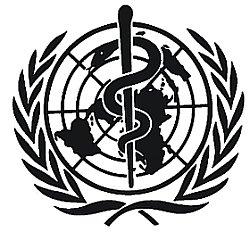
WHO: Governments should act against the five hepatitis viruses that can cause severe liver infections and lead to 1.4 million deaths every year
Singapore: The World Health Organization (WHO) is urging governments to act against the five hepatitis viruses that can cause severe liver infections and lead to 1.4 million deaths every year. Some of these hepatitis viruses, most notably types B and C, can also lead to chronic and debilitating illnesses such as liver cancer and cirrhosis, and in addition can lead to loss of income and high medical expenses for hundreds of millions of people worldwide.
Viral hepatitis is referred to as a 'silent epidemic' because most persons do not realize that they are infected and, over decades, slowly progress to liver disease. Many countries are only now realizing the magnitude of the disease burden and devising ways to address it.
"The fact that many hepatitis B and C infections are silent, causing no symptoms until there is severe damage to the liver, points to the urgent need for universal access to immunization, screening, diagnosis and antiviral therapy," said Dr Keiji Fukuda, assistant director general, Health Security and the Environment, WHO. "Many of the measures needed to prevent the spread of viral hepatitis disease can be put in place right now, and doing so will offset the heavy economic costs of treating and hospitalizing patients in future."
According WHO findings, 37 percent of the countries have national strategies for viral hepatitis, and more work is needed in treating hepatitis. It also highlights that while most of the countries (82 percent) have established hepatitis surveillance programmes, only half of them include the monitoring of chronic hepatitis B and C, which are responsible for most severe illnesses and deaths.
WHO is currently developing new hepatitis C screening, care and treatment guidelines, which will provide recommendations on seven key areas such as testing approaches; behavioural interventions (alcohol reduction); non-invasive assessment of liver fibrosis; and the selection of hepatitis C drug combinations.




